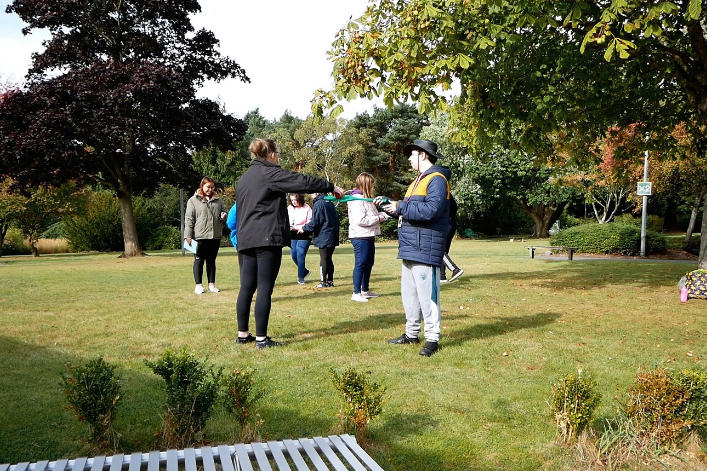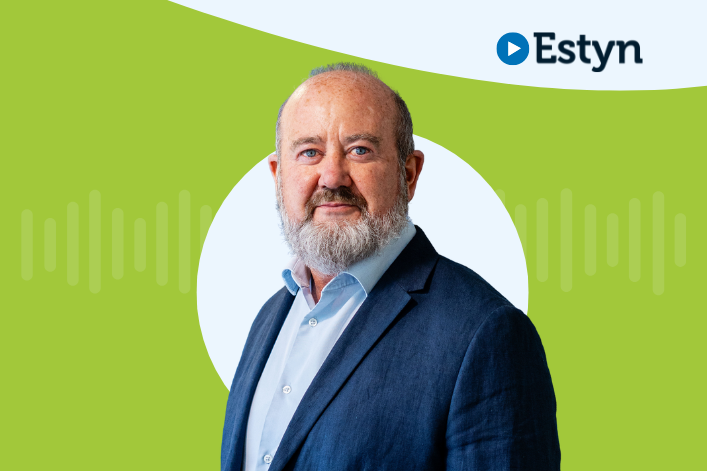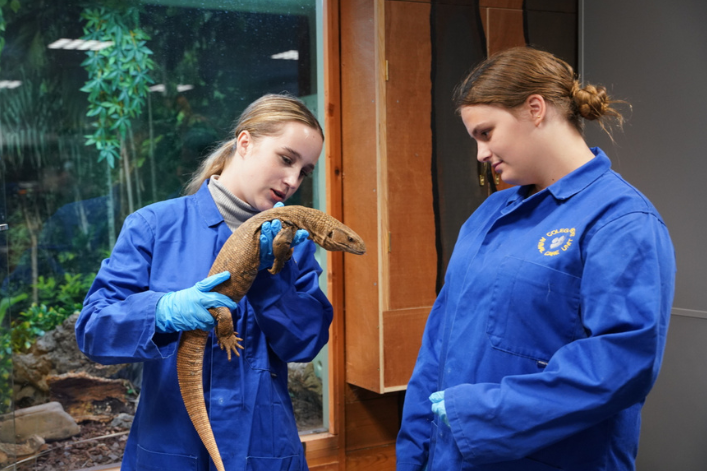Archives: News Articles

A new Estyn report, “A New Era: How Artificial Intelligence (AI) is Supporting Teaching and Learning”, highlights both the opportunities and risks of using AI in education.
The report finds that while many schools are still in the early stages of using AI, some are beginning to see how it can reduce teacher workload and support inclusion. However, Estyn concludes that a coherent national approach is needed to ensure AI is used safely, ethically, and effectively across Wales.
The thematic review draws on visits to schools and pupil referral units (PRUs), as well as conversations with leaders, staff and pupils, and a national survey. It reveals that teachers are already benefitting from workload reductions, particularly in lesson planning, resource creation and report writing. Pupils, meanwhile, are engaging positively with AI, making use of creative projects, revision activities and independent learning opportunities.
Schools increasingly recognise the potential of AI to support equity and inclusion, particularly for learners with additional needs. Yet at the same time, staff raise concerns about over-reliance on AI, safeguarding, data protection and the risk of a digital divide between pupils who can access paid-for AI tools and those who cannot. While a few schools have begun embedding AI strategically into their improvement plans, most are working in isolation with limited collaboration or national support.
Chief Inspector Owen Evans said:
“Artificial intelligence has the potential to transform teaching and learning, reduce workload, and support inclusion in schools. But it also brings challenges that we cannot ignore. To ensure AI benefits all learners in Wales, we need a clear national approach – one that is sustainable, ethical, and focused on improving outcomes for pupils.”
The report calls for clear national guidance, structured professional learning, and strong leadership to help schools use AI effectively and safely.
A series of case study videos showcasing effective practice have been published alongside the report:
Using for Differentiation
Professional Learning and AI
Using AI for Reducing Workload
How AI is Supporting Teaching and Learning
Strategic Approach to AI








